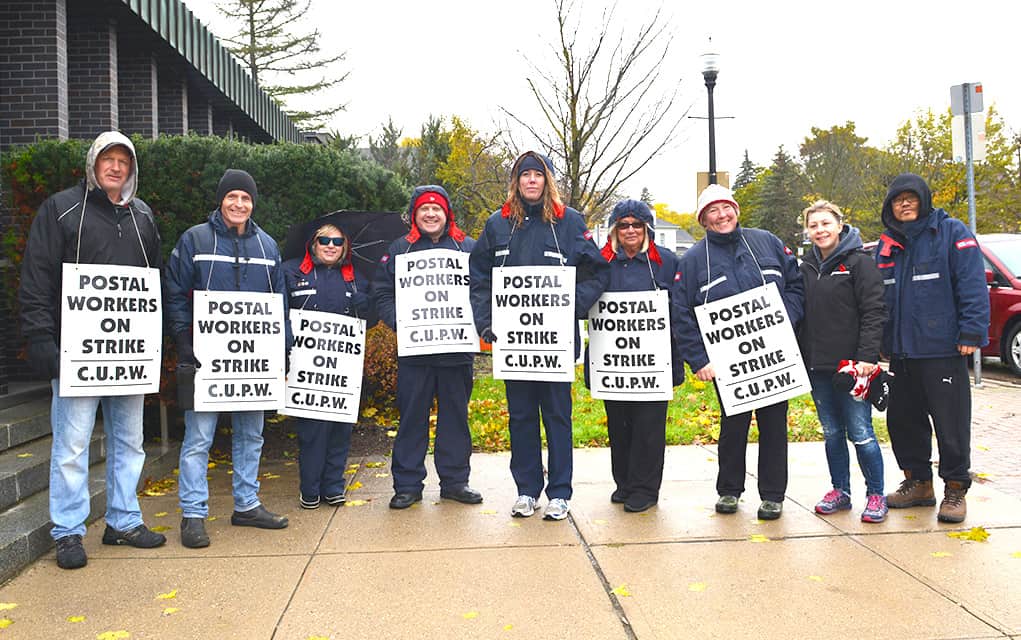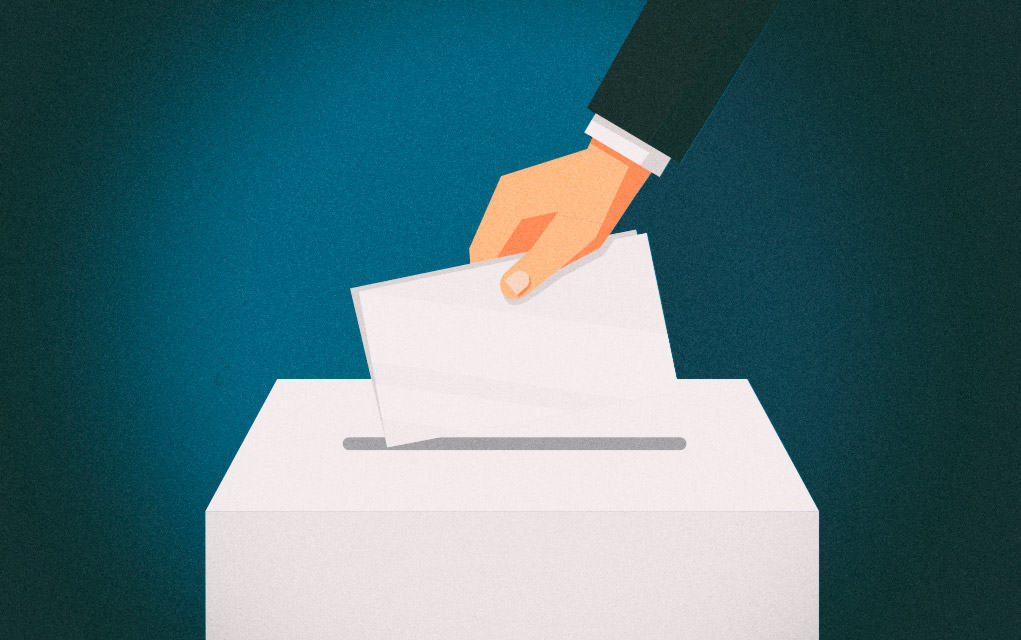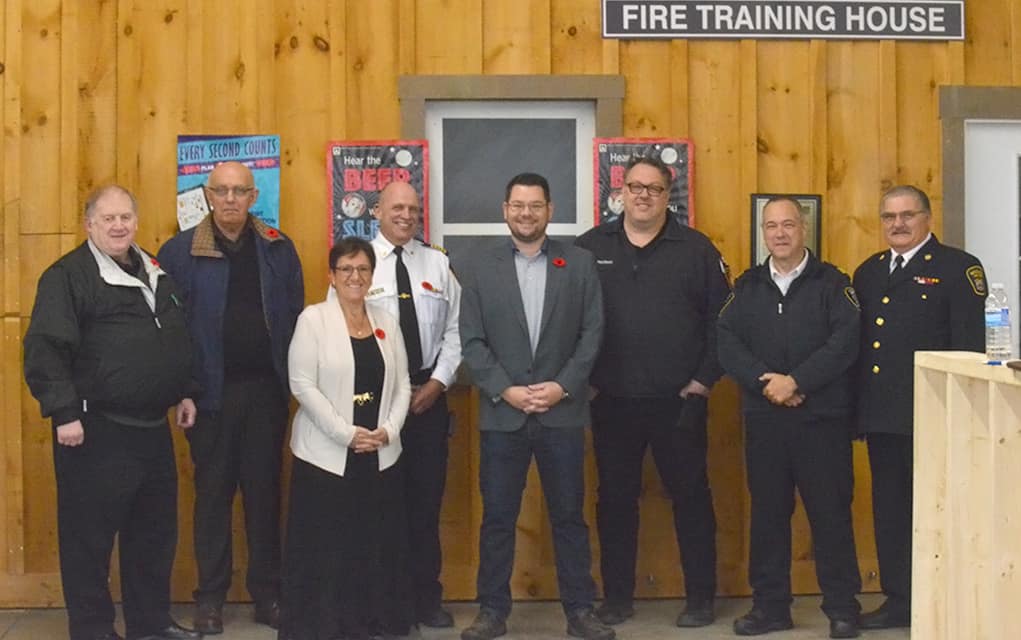A lower voter turnout for last month’s Woolwich election had more to do with limited voting options than with a shift to electronic voting, suggests township staff responsible for running the election.
Voter turnout dropped to 31.3 per cent this down, down from 37 per cent in 2014 and 36 per cent in 2010. That number is higher, however, than 27 per cent seen in 2006 and 23 per cent in 2003.
That the mayor’s position and both Ward 3 seats were filled by acclamation likely caused a drop, suggested Jeff Smith, the township’s deputy clerk, to councillors meeting Tuesday night.
Though Woolwich’s first foray into electronic voting was marred by the system bogging down on election day, October 22, staff determined the delay and subsequent decision to extend voting by 24 hours had little impact on the outcome.
“Election research suggests neither the internet and telephone voting method nor the extension of the voting period had a significant impact on voter turnout,” he said in a report. “One of the biggest drivers of voter turnout is an electorate who is engaged with the issues and with the candidates. In the 2014 municipal election, Woolwich Township had 15 candidates running and only one acclamation, as well as two significant public issues. Staff do not believe it is surprising to see a decrease in voter turnout this election as there were fewer candidates, and the office of the mayor and both Ward 3 councillors were acclaimed.”
The shift to online and telephone voting in place of paper ballots saw no change in voter demographics, however, despite the intuitive idea that younger people tend to be more tech-friendly, Smith noted.
Voters between 60-74 years old had the highest turnout at 50.7 per cent, followed closely by voters aged 75-89. Turnout was lowest among voters aged 18-29 with only 13.7 per cent.
“There was no uptick in youth voting.”
Though Smith’s report touched on the technical problems experience by the electronic voting system, it was not particularly critical. Likewise, councillors made very few comments.
Smith noted the township expects to have someone from Dominion Voting Systems address council, likely in January. Preparations for the 2022 election, including a decision on whether to stick with electronic voting or revert to paper ballots, aren’t likely to be on the agenda for a couple of years, he said.
Though feedback on the telephone voting option was largely negative, for online voting, the responses were 81 per cent favourable, Smith added.
Still, comments about convenience aside, some detailed critiques of online voting and its repercussions were received. Among them, a long list of concerns by local resident Dr. Mark Yaniszewksi, a political science lecturer who previously advised against electronic voting when council was deliberating whether or not to move away from paper ballots.
Addressing councillors last week, he called on them to reconsider the electronic voting experiment, citing a host of security concerns. He noted the computer slowdown may have discouraged some people from voting and, more troubling, indicated the trouble with a voting system that offers no paper trail.
“It does bring the electoral system into disrepute,” he said of the technical failures, adding there may have been other problems that went unnoticed or unreported. “How can we have confidence that nothing else went wrong?”
Yaniszewksi also decried the lack of an option to decline one’s ballot, a popular option for those wanting to make a statement or who are simply unhappy with the choices offered. He noted that in the 2014 Ontario election, for instance, some 32,000 people declined their ballots.
“None of that was possible the way things were set up,” he said of the township’s online voting system.
Looking at other election-related concerns, Coun. Mark Bauman pointed out some issues with the municipal voters list, which is compiled by the Municipal Property Assessment Corporation (MPAC), the agency responsible for tax assessments. He noted, for example, that his parents and most of the others who live in their St. Jacobs building didn’t receive voting cards.
Acknowledging some issues with the MPAC lists, Smith said there have been some talks with the province about using its voters list, which is a separate list, while the federal list is another unique undertaking to that level of government.
Next Article
Elmira sees rotating postal strikes









